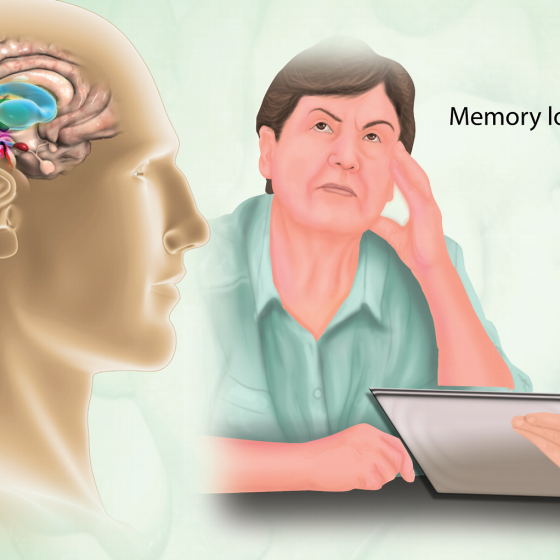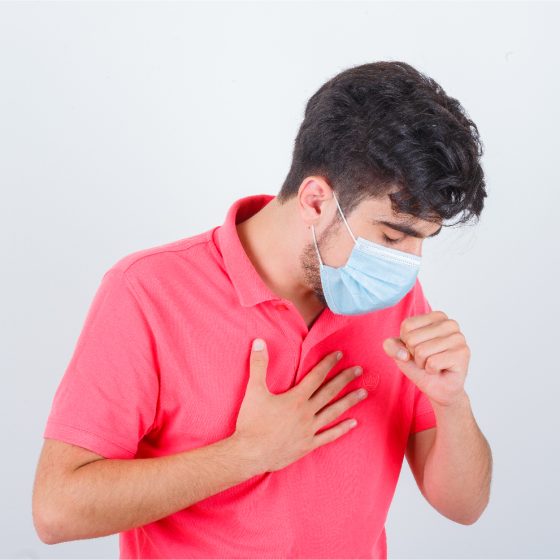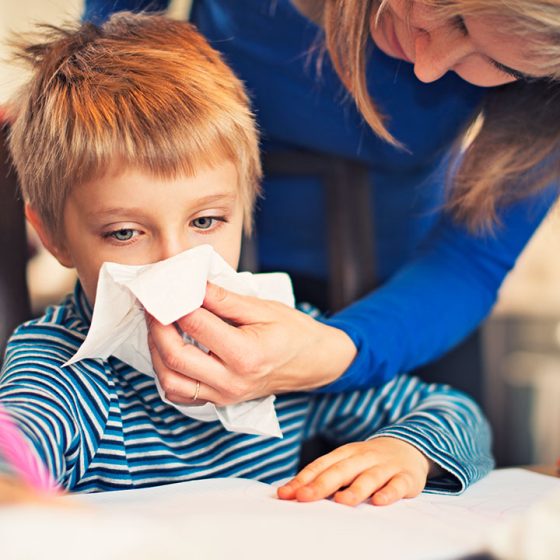Cri du chat syndrome
What is cri du chat syndrome? Cri du chat syndrome is a rare genetic disorder that causes delayed physical development, a small head size and intellectual disability. It is called cri du chat (‘Cry of the cat’ in French) because of the strange, cat-like cry made by newborn babies with this condition. Some children will be only mildly affected; in others, the condition is more severe. All children are different. What are the symptoms of cri du chat syndrome? Most children with cri du chat syndrome have: a weak, cat-like cry when very young intellectual disability, ranging from mild to severe a





